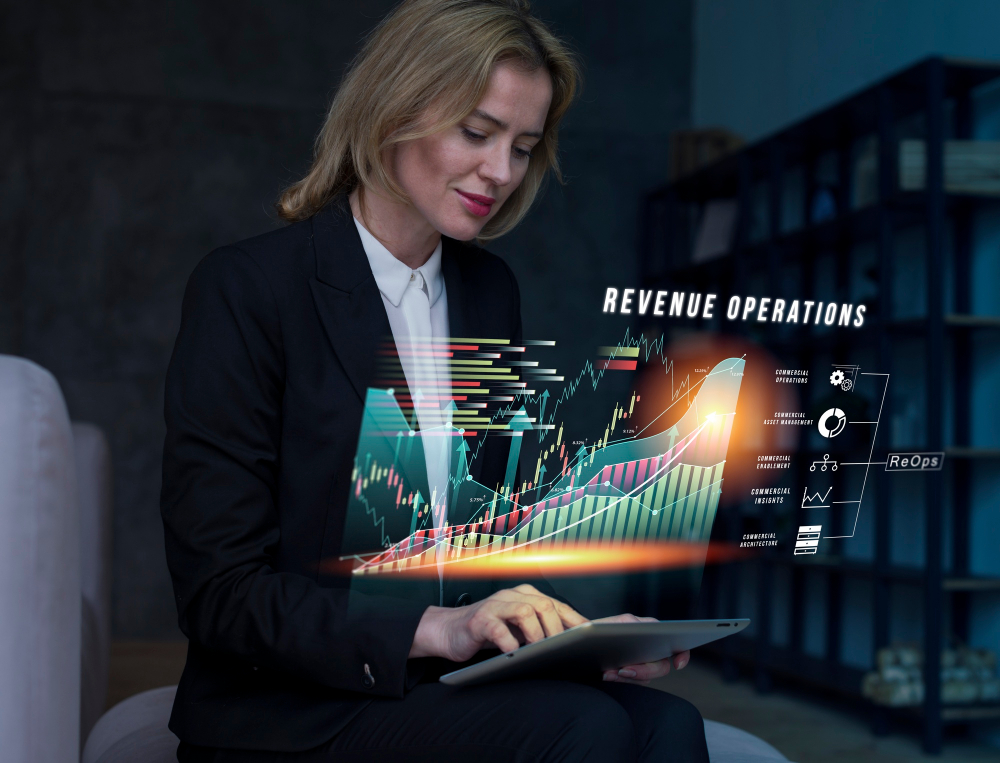In the fast-paced world of finance and accounting, staying ahead of the curve is crucial for success. As we step into 2024, the landscape of accounting is witnessing a transformative shift, largely driven by automation. In this article, we delve into the latest accounting automation trends that are shaping the industry and explore the profound impact of automation on accounting processes.
Understanding Automation in Accounting
Before we dive into the trends, it’s essential to grasp the concept of automation in accounting. Automation in accounting refers to the use of technology and software to streamline and perform repetitive financial tasks, reducing manual effort and minimizing errors. This revolutionary shift is redefining how businesses manage their financial operations.
Key Trends Shaping the Future of Accounting Automation
- Advanced Machine Learning and AI Integration
In 2024 and beyond, accounting automation is not just about automating routine tasks. It’s about leveraging the power of advanced technologies like machine learning and artificial intelligence (AI). These technologies enable accounting systems to learn and adapt, making them smarter and more efficient over time. AI-driven algorithms can analyze vast amounts of financial data, identify patterns, and provide valuable insights for decision-making.
- Real-time Data Processing and Reporting
The demand for real-time insights is driving the trend of real-time data processing and reporting in accounting automation. Traditional monthly or quarterly financial reports are being replaced by dynamic, on-demand reporting systems. Automation tools can now process and analyze financial data in real time, giving businesses the agility to respond quickly to market changes and make informed decisions promptly.
- Blockchain Integration in Accounting
Blockchain technology is not just synonymous with cryptocurrencies; it is making significant inroads into accounting and finance. The decentralized and secure nature of blockchain ensures the integrity and transparency of financial transactions. By integrating blockchain in accounting processes, businesses can reduce the risk of fraud, enhance data accuracy, and streamline audit procedures.
- Enhanced Cybersecurity Measures
As accounting processes become more automated, the need for robust cybersecurity measures intensifies. With sensitive financial data being processed and stored digitally, protecting against cyber threats is paramount. The latest accounting automation trends include the implementation of advanced cybersecurity protocols, encryption technologies, and multi-factor authentication to safeguard financial information from potential breaches.
- Customizable and Scalable Solutions
One size doesn’t fit all when it comes to accounting automation. Businesses are increasingly seeking customizable and scalable solutions that can be tailored to their specific needs. Automation tools that can adapt to the unique workflows and requirements of different industries and organizations are gaining traction. Scalability is also crucial, allowing businesses to expand their operations without the need for significant overhauls in their automation systems.
The Impact of Automation on Accounting
The adoption of automation in the accounting industry has far-reaching implications. Let’s explore the profound impact it has on various aspects of accounting and finance.
- Increased Efficiency and Accuracy
Automation eliminates the risk of human error inherent in manual data entry and calculations. By automating routine tasks, accountants can redirect their efforts towards more strategic and value-added activities. This not only increases efficiency but also ensures a higher degree of accuracy in financial reporting.
- Cost Savings and Resource Optimization
Automating repetitive tasks leads to significant cost savings for businesses. The reduction in manual labor hours allows organizations to allocate resources more strategically, focusing on tasks that require human intelligence and creativity. This resource optimization not only enhances productivity but also contributes to overall cost-effectiveness.
- Compliance and Risk Management
Staying compliant with ever-evolving financial regulations is a constant challenge for businesses. Automation in accounting ensures that financial processes adhere to regulatory requirements, reducing the risk of non-compliance and associated penalties. Additionally, automation tools can enhance risk management by detecting anomalies and irregularities in real time, allowing for proactive measures to mitigate potential risks.
- Empowering Financial Decision-Making
Automation doesn’t just handle repetitive tasks; it also empowers financial decision-making. By providing real-time insights and data-driven analytics, automated accounting systems enable businesses to make informed and strategic decisions. This proactive approach to decision-making is a game-changer in today’s dynamic business environment.
The Future Landscape of Automation in Accounting and Finance
Looking ahead, the future of automation in accounting holds even more exciting possibilities. Here are some predictions for the evolving landscape:
- Rise of Robotic Process Automation (RPA)
Robotic Process Automation is expected to play a pivotal role in the future of accounting automation. RPA involves the use of software robots or “bots” to automate rule-based, repetitive tasks. This technology is likely to become more sophisticated, handling complex financial processes with minimal human intervention.
- Integration of Voice and Natural Language Processing
Advancements in voice recognition and natural language processing are poised to revolutionize how accountants interact with automation tools. Integrating these technologies will enable users to perform accounting tasks using voice commands and natural language, making the user experience more intuitive and user-friendly.
- Expansion of Cloud-Based Accounting Solutions
Cloud-based accounting solutions are already popular for their accessibility and collaboration features. In the future, we can expect an expansion of these solutions, offering more integrated and seamless experiences. Cloud-based platforms will likely become the norm, providing real-time access to financial data from anywhere in the world.
- Ethical Considerations in Automation
As automation becomes more prevalent, ethical considerations surrounding its use in accounting will come to the forefront. Questions about data privacy, algorithmic bias, and the ethical implications of AI-driven decision-making will require careful examination and the establishment of industry standards.

